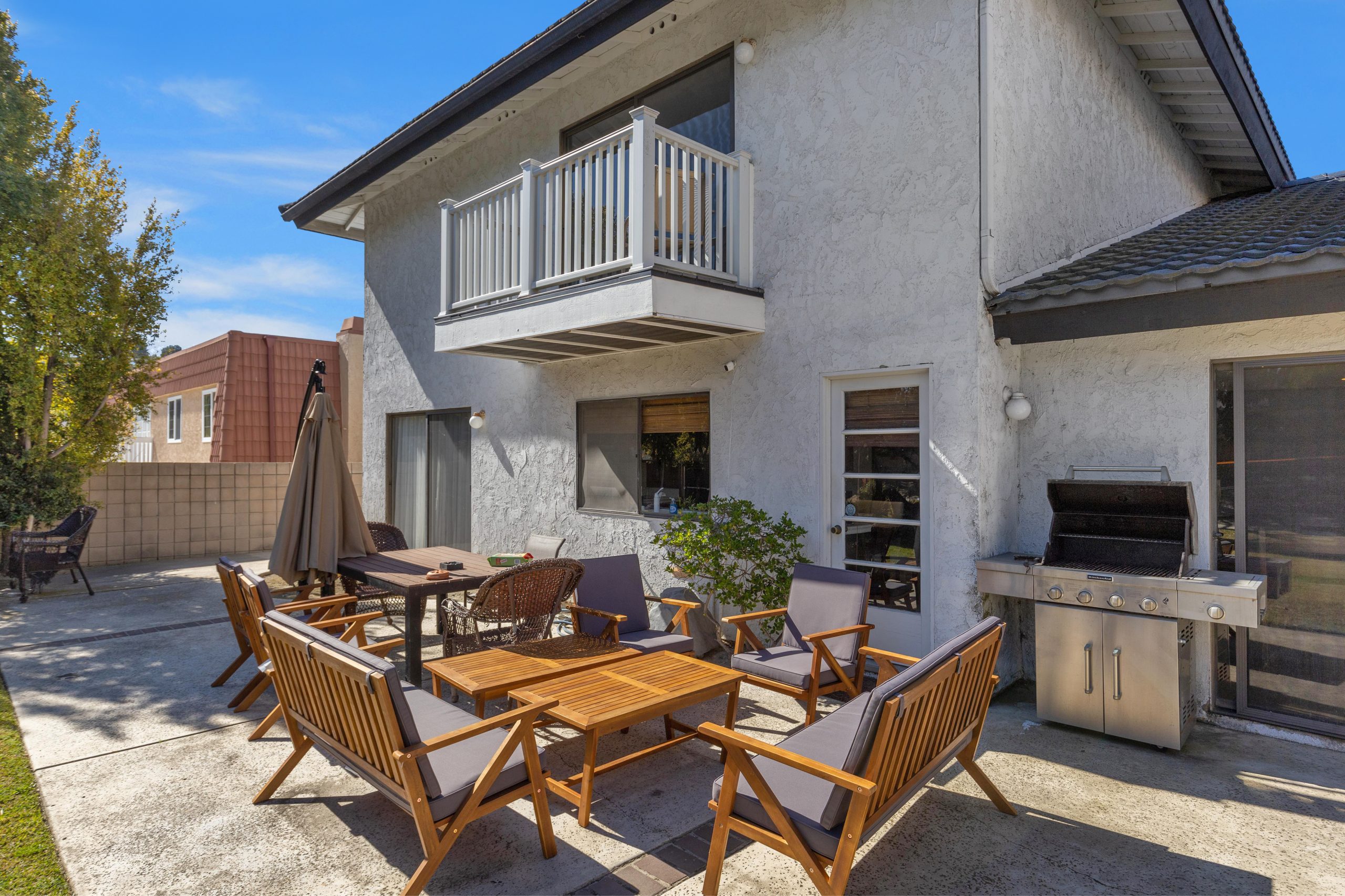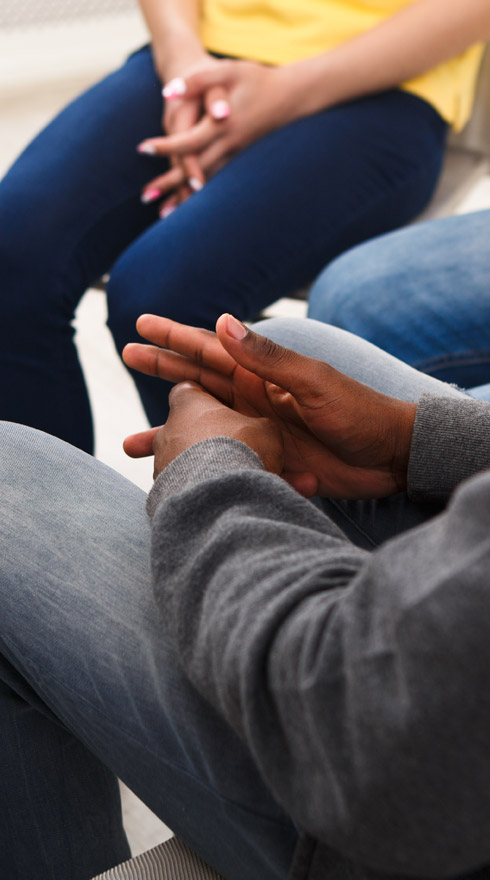Because of the struggles that are connected with alcohol and drug dependence, many people do not know where to look for treatment. Through proven rehabilitation therapies, substance dependence can be managed for long-term recovery.
We will detail how addiction recovery is achievable for you or a loved one if an holistic treatment approach is utilized.
What is addiction rehab?
Addiction ‘rehab’ is a holistic treatment program that utilizes both counseling and medical interventions to treat dependencies on both illegal and legal substance addictions. There is no ‘single right’ approach to treatment because it needs to be tailored to your requirements and may incorporate medical detox, inpatient and outpatient programs, and extended relapse prevention programs.

Facts & Statistics about Addiction in Brentwood
Prevalence of Substance Use Disorder, by Drug Type
(IN THOUSANDS)
- 2,7578.5%Any Substance
- 2,0886.4%Alcohol
- 1,0683.3%Ilicit Drugs
- 2060.6%Pain Medication
Drug- and Alcohol-Induced Deaths by Age Group, California, 2016
- Alcohol-Induced
- Drug-Induced
- 18 to 250.5
- 9.6
- 26 to 354.3
- 13.9
- 36 to 6424.2
- 22.9
- 65+23.7
- 9.4
Drug Use, by Selected Type and Age Group California, 2015 to 2016
- 12 to 17
- 18 to 25
- 26+
- Marijuana*13.2%
- 34.0%
- 13.5%
- Misuse of Pain Medications3.5%
- 8.0%
- 4.3%
- Cocaine0.8%
- 7.2%
- 1.8%
- Heroin0%
- 0.4%
- 0.2%
What are the treatment options available in Brentwood?
By integrating treatments, the root causes of drug dependence can be addressed and treated. Symptoms of addiction should be treated but building new life skills encourages you to face the reasons that started your drug or alcohol addiction.

Living at a rehab center and obtaining all of your treatments there is called being in a residential rehab program. The main benefit is being able to have integrated support and treatment throughout the day. Leaving your home environment and entering a rehab center will cushion you against the stressors that negatively impact your substance use. You can finish your treatment program and avoid relapse more easily when you stay in a controlled facility that is safe and supportive.
Residential addiction treatment programs are recommended for those with strong drug and alcohol dependencies, co-occurring disorders or dual diagnosis. We know that the early stages of recovery can be crucial and after a residential rehab program, you must remain focused to maintain long term recovery. Once you have completed your residential addiction treatment program you must focus on becoming more autonomous and set new goals and challenges.
Do You Need Help?
Our addiction advisers are here to help you.

Sober Living Programs
Sober living programs are structured with the needed guidance to help those recovering from addiction get what they want from their life without drugs or alcohol. They support you through:
- Sending a house manager to see how you are doing daily
- Fostering the kinds of behaviors that are acceptable in recovery
- Working on supportive and positive connections with peers in recovery
Outpatient Programs
Outpatient rehab programs provide greater flexibility as you can continue work commitments and live at home, but you attend the rehab facility for your treatments.
Outpatient programs should provide you with:
- Education around substance abuse
- Counseling services and therapy through group support or individual sessions – The duration of outpatient treatment is three months and continue for longer than a year, this will change based on your personal needs.
Detox Only Programs
Taking part in a detoxification program is a vital hurdle in rehab as it addresses your physical dependency by removing substances from your system. Withdrawing from drugs or alcohol is the body’s response to detoxification, as it gets used to functioning without the substance.
After this you will move ahead in your rehab journey, as you begin addressing the main causes that lead to your dependency, helping you understand how to avoid it in the future. Detox can result in some cravings and withdrawal symptoms for an extended period after your drug or alcohol detox program has completed. Your odds of relapse are reduced as you learn the skills required for long-term abstinence.
Paying for Private Treatment
Private treatment must be paid yourself or claimed via your health insurance. In most instances, insurance providers will contribute to the costs of treatment, at least partially, including a drug or alcohol detox regime, rehab therapy, and relapse prevention programs. The amount covered is down to your provider and the terms and conditions of your policy.
Before you take part in a rehab program, you should always check how much cover you claim for. Check out our Verify Your Insurance page – https://www.unitedrecoveryca.com/verify-your-insurance/ – to learn more about the cover you qualify for.
If you choose not get cover from your insurance provider, you will need to pay the cost of treatment yourself. A number of treatment centres include payment options to clients so that cost is not a barrier to treatment.
State Funded Programs
If you are battling with substance or alcohol dependency and do not have the financial means to enter private treatment, you might be accepted for a state-funded drug and alcohol rehabilitation program. Support can be offered with funds available from Medicaid and state/federal budgets, these programs can subsidize your recovery including:
- Medically-managed detoxes
- Treatment services and aftercare support
If you do not have a private healthcare policy or you live in a low income household, you may apply for a state-funded treatment program. You have to provide:
- Proof of where you live
- Proof of earnings
- History of your medical records and details regarding your addiction
- Proof that you reside in the US legally
You can discover more about the application process here: https://www.grants.gov/. To find the contact details for your state agency, this document provides the needed information – https://www.samhsa.gov/sites/default/files/single-state-agencies-directory-08232019.pdf

The following state-funded addiction rehab programs are available in Brentwood:
REACH Project REACH Brentwood
101 Sand Creek Road, Suite B , Brentwood, CA 94513
925-666-8460
https://www.reachprojectinc.org/REACH Project
3385 Main Street,Suite B , Oakley, CA 94561
925-679-2504
https://www.reachprojectinc.org/Contra Costa County East County Children Behavioral Health
2335 County Hills Drive, Antioch, CA 94509
925-608-8706
https://findtreatment.gov/
Maintaining Addiction Recovery in Brentwood
When you leave and complete your treatment programme, you may find it challenging. When you were in rehab the environment was controlled and you had support from professionals. When you leave, you may encounter new challenges or triggers that test your coping skills in ways you may not have anticipated.
Long term recovery is more challenging if you have a severe dependency or if you return to your new life without social support structures in place. Without the relevant support and aftercare to guide you in your new life, relapse is a real possibility.
The following AA/NA meetings are available in Brentwood:
CA - R.E.A.C.H Project Treatment and Prevention
Open: 7351 B Brentwood Blvd. Brentwood, CA 94513
Monday to Friday: 8:30 AM to 5:00 PM
https://www.contracosta.ca.gov/Resurrection Minsteries – Brentwood
Open Discussion and Participation Speaker:
1275 Fairview Avenue, Brentwood, CA 94513
Wednesday: 7:30 PM
https://findrecovery.com/United Methodist Church – Brentwood
Open Speaker Discussion and Participation:
809 Second Street, Brentwood, CA 94513
Thursday: 7:30 PM
https://findrecovery.com/na_meeting/
Aftercare & Alumni Programs
By participating in an aftercare program you get extended rehab support when you go home. Because no one can predict what could happen in day-to-day life, an estimate of 60% of clients in recovery relapse, making ongoing aftercare an invaluable component of addiction recovery.
As you get near to the end of your treatment program, we will collaborate with you to design an aftercare program that includes the services that are helpful to your long-term recovery. Individuals who finish their rehab programs will gain access to an alumni community program like ours, which provides you the chance to engage with peers and staff.
You will have access to mentorship and support from other members in recovery, and take part in other events. We encourage you to consider offering support to other individuals within your network if you feel able to.
Support Groups (Fellowship Meetings)

Support groups continue to be an integral function of long-term recovery because social structures enable long-lasting sobriety. To maintain addiction recovery, can get long-term recovery support if you participate in groups like Narcotics Anonymous or Alcoholics Anonymous by attending their 12-step meetings.
When you go to support groups, you will have the ability to share your challenges in recovery and feel empowered by other individuals who are also in recovery. By building friendships and staying committed to the 12-steps, individuals in recovery will feel empowered to take responsibility for themselves and protect those around them.
Support for Families & Children Affected by Addiction
Everyone living within a family with addiction issues are damaged, in different ways, by its negative consequences. Support is just as crucial for all family members as it is for the individual with the dependency. Support groups for families has two benefits: you can help yourself and the person with the addiction. Get help and support for the Family with the following support groups:
- Parents of Addicted Loved Ones
- SMART Recovery Family & Friends
- NAMI Family Support Groups
- Al-Anon
- Families Anonymous
- Alateen
- Nar-Anon










